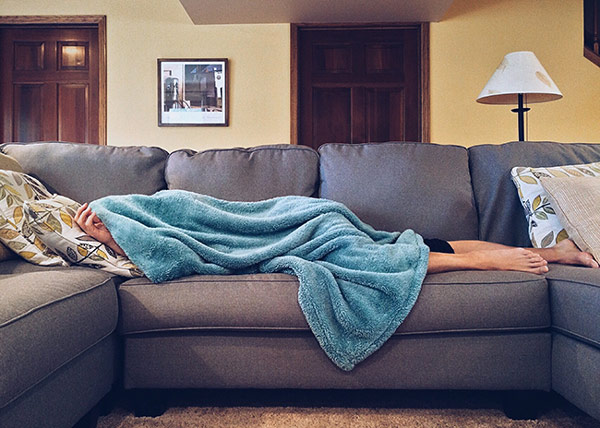Many of us do not feel well rested and refreshed without a good night’s sleep. For many years, understanding the true purpose hours of sleep was elusive, however, we now know more about sleep and the ramifications of the lack of sleep than ever before. Do we give our brain the sleep it needs to function at optimal levels and therefore ensure that we achieve our best level of health?
Table of Contents
ToggleAccording to a 2015 article by Vorster and Born, published by Science Direct, sleep has 4 main purposes related to the processing of memories. They are as listed:
- Sleep supports memory consolidation
- Sleep-dependent memory consolidation occurs in two stages
- Sleep redistributes a temporarily stored memory to long-term storage area
- Memory consolidation during sleep is an evolutionarily conserved function. Anyone who has a parrot can tell you that lack of sleep leads to aggressiveness and a multitude of behavioral issues. All higher organisms require amount of sleep.
- Sleep performs other key functions that allow an organism to thrive. This is a hot topic of research. We do now know that without sleep our ability to store memories goes down significantly which can lead to falling behind at school and at work.
Sleep deprivation causes our thinking to be more sluggish, our memory is not as precise as it can be, and a decrease in motor movements/ coordination has been noted. Long-haul truck drivers suffering from a lack of proper sleep have an increase in accidents and increase your risk. CBS station reported that a lack of sleep can double your car crash risk. Confusion whether on the highway or in the classroom is of great concern.
The abuse of caffeine in adulthood can be linked to sleeping disorders. Western society is chronically sleep deprived. We are no longer constrained by sunrise and sunset, however, the effect of light on our brain remains the same and is one of the most powerful influences on our behavior and well-being.
This disregard of our circadian rhythms has been linked to increases in heart disease, dementia, diabetes and other chronic diseases. The importance of circadian rhythms was not until recently fully understood. However, the Nobel Prize for Medicine 2017 just went to 3 scientists who discovered the genes controlling these rhythms and the mechanism of how the body actually sets its internal clock.
Some schools may start to experiment with starting the school day later, which better aligns to the teenage internal clock. The teenage body clock runs several hours later than the adult one.
Conclusion:
If you do not fall asleep immediately after your head hits the pillow, and you do not get a night of quality sleep (even though you have counted a lot of sheep), you will not be rested and you will suffer from sleeping problems. When Sleep Deprivation becomes a chronic problem, recently, Scientists have shown a link to chronic illnesses. An increase in brain proteins associated with Alzheimer’s disease has been found along with a link to an increase in heart disease, obesity, diabetes and possibly some forms of cancer.
References:
The Consolidation and Transformation of Memory. Source: ScienceDirect
Circadian Rhythms Fact Sheet. Source: National Institute General Medical Sciences


